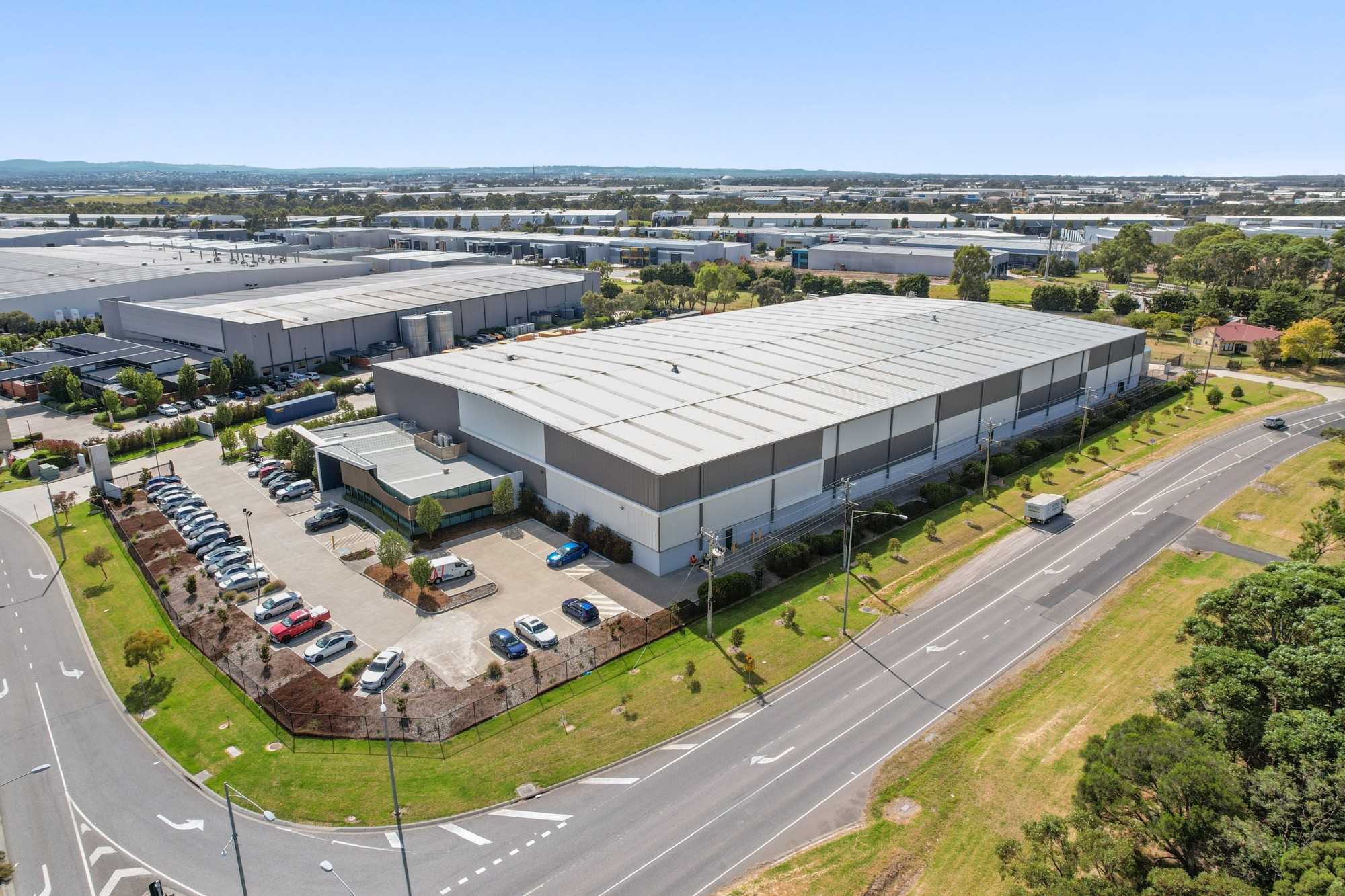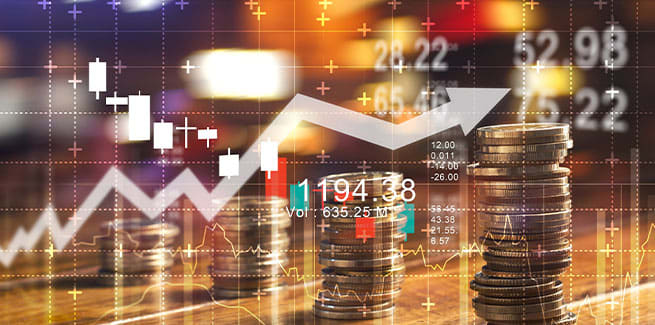Invest
‘Game changer’ ETF launches
An Australian ETF manager has announced the world’s lowest cost Australian ETF, but there’s more to ETFs than just costs, another investment manager has said.
‘Game changer’ ETF launches
An Australian ETF manager has announced the world’s lowest cost Australian ETF, but there’s more to ETFs than just costs, another investment manager has said.

BetaShares announced on Friday that it would launch an Aussies shares ETF, A200, with a 0.07 per cent per annum management fee.
It will grant investors exposure to 200 of the largest companies on the ASX and will be BetaShares’ 45th fund available on the exchange.
“A200 is a game-changer for the Australian wealth management industry, significantly reducing the cost of investing in a diversified portfolio of Australian shares,” said BetaShares chief executive Alex Vynokur.
“BetaShares is a business that was born and bred in Australia. We remain focused on the development and growth of the local ETF market, helping Australians build robust, diversified and cost-effective investment portfolios.”

However, while Vanguard Investments Australia head of corporate affairs Robin Bowerman welcomed the news of cheaper ETFs, he reminded investors that there’s more to ETFs than management fees.
As he told Nest Egg’s sister publication, Investor Daily: “Cost is perhaps one of the more straightforward ways to compare ETFs. However, there are some cost implications specific to ETFs that need to be considered.
“Investors should consider a number of factors when evaluating index and ETF products, including tracking, pre- and post-tax returns, and benchmark composition.”
Mr Bowerman explained that the cost of buying and selling ETFs goes further than the headline management expense ratio (MER), noting that those who buy ETFs incur bid/ask spread. That’s the difference between the market price to buy the ETF and the selling price.
“The bid/ask spread is highly dependent on the liquidity in the market, the breadth of the underlying index, and on the daily happenings in the marketplace on any given day, hour or minute,” he said.
“There may also be brokerage commissions associated with buying or selling the ETF, as with any stock.
“Tracking error – the difference between the gross return of the index and the ETF net return after fees – is another comparison investors can make when assessing one product over another.”

Mutual funds
Mutuals profits rise amid sector challenges: KPMG report highlights growth and merger trends
Australia's mutual banks, building societies, and credit unions, collectively known as Mutuals, have reported a significant rise in profits for the 2025 financial year, according to KPMG's 38th Mutual ...Read more

Mutual funds
EIF and NATO Innovation Fund partner to boost European defence and security investment
The European Investment Fund (EIF) and NATO Innovation Fund (NIF) have signed a Memorandum of Understanding to collaborate on expanding funding for start-ups, SMEs and midcaps in Europe's defence, ...Read more

Mutual funds
Fund managers brace for regulatory challenges as outsourcing and innovation take centre stage
As regulatory complexities continue to mount, fund managers are increasingly turning to outsourcing and prioritising innovation to navigate the challenging landscape, according to a new study by Carne ...Read more

Mutual funds
New report highlights rising anti-money laundering risks and need for three lines of defence
A new report published by Ocorian and Newgate Compliance has warned that rising anti-money laundering (AML) risks are increasing the pressure for alternative fund managers to have three lines of ...Read more

Mutual funds
Centuria capitalises on non-core diversities with a new $50 million fund
The Centuria Capital Group, an established Australasian real estate fund manager, has successfully raised $50 million in equity from its network of Australian wholesale investors. Read more

Mutual funds
New study shows fund managers are eyeing overseas markets for capital growth
A recent study conducted by Carne Group, a prominent figure in the fund regulation and governance solutions sector for the asset management industry, has highlighted a significant shift in the ...Read more

Mutual funds
Equity Trustees reports robust performance with significant revenue and profit growth
Equity Trustees has witnessed a noteworthy advancement in its financial standing, marked by substantial increases in revenue and funds under management, administration, and supervision (FUMAS), ...Read more

Mutual funds
Micro-investing: Is it worth it?
Investing can be complex. It involves making financial decisions on how your money is going to be invested and managed over time, as well as figuring out the right strategy for each investment. There ...Read more

Mutual funds
Mutuals profits rise amid sector challenges: KPMG report highlights growth and merger trends
Australia's mutual banks, building societies, and credit unions, collectively known as Mutuals, have reported a significant rise in profits for the 2025 financial year, according to KPMG's 38th Mutual ...Read more

Mutual funds
EIF and NATO Innovation Fund partner to boost European defence and security investment
The European Investment Fund (EIF) and NATO Innovation Fund (NIF) have signed a Memorandum of Understanding to collaborate on expanding funding for start-ups, SMEs and midcaps in Europe's defence, ...Read more

Mutual funds
Fund managers brace for regulatory challenges as outsourcing and innovation take centre stage
As regulatory complexities continue to mount, fund managers are increasingly turning to outsourcing and prioritising innovation to navigate the challenging landscape, according to a new study by Carne ...Read more

Mutual funds
New report highlights rising anti-money laundering risks and need for three lines of defence
A new report published by Ocorian and Newgate Compliance has warned that rising anti-money laundering (AML) risks are increasing the pressure for alternative fund managers to have three lines of ...Read more

Mutual funds
Centuria capitalises on non-core diversities with a new $50 million fund
The Centuria Capital Group, an established Australasian real estate fund manager, has successfully raised $50 million in equity from its network of Australian wholesale investors. Read more

Mutual funds
New study shows fund managers are eyeing overseas markets for capital growth
A recent study conducted by Carne Group, a prominent figure in the fund regulation and governance solutions sector for the asset management industry, has highlighted a significant shift in the ...Read more

Mutual funds
Equity Trustees reports robust performance with significant revenue and profit growth
Equity Trustees has witnessed a noteworthy advancement in its financial standing, marked by substantial increases in revenue and funds under management, administration, and supervision (FUMAS), ...Read more

Mutual funds
Micro-investing: Is it worth it?
Investing can be complex. It involves making financial decisions on how your money is going to be invested and managed over time, as well as figuring out the right strategy for each investment. There ...Read more








